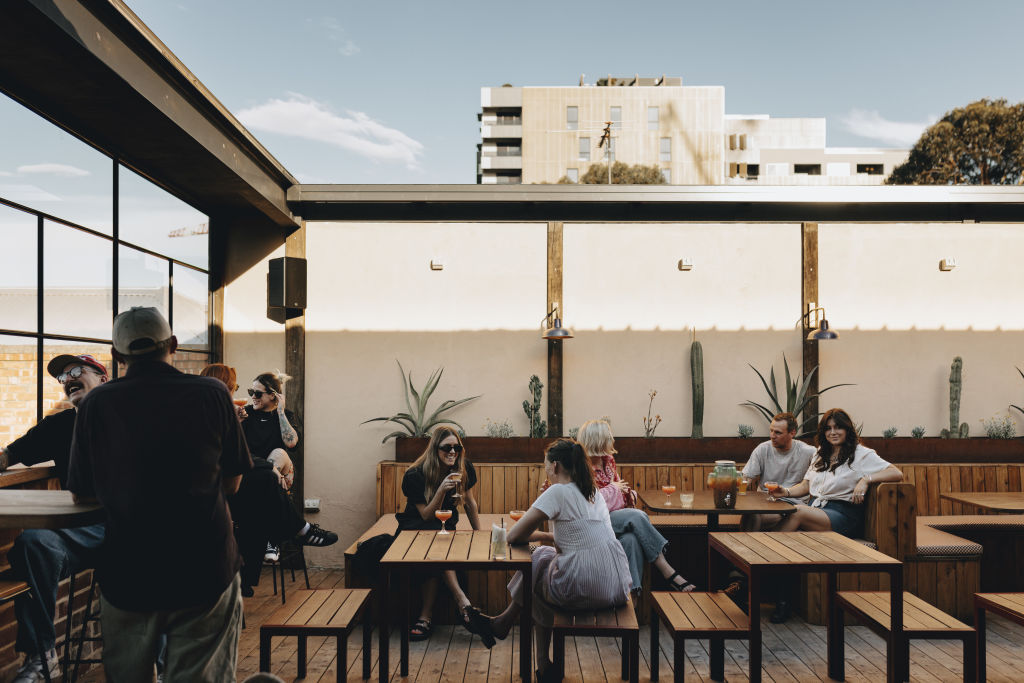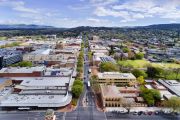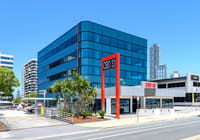
Why humble pubs are selling like hotcakes
The commercial property market is feeling the pinch. The traditional powerhouses – offices and shops – are struggling, but amid the carnage the humble country pub is now hotter than ever before.
Watering holes top the list of so-called “alternative assets” that also include childcare centres, health facilities and aged-care sites.
These properties have proven resilient in the face of rising interest rates and a surging cost of living. Pubs are proving to be reliable investments, too – and their sales are booming.
Why pubs are in demand
More than $2.5 billion has been invested in pubs across the country in the past year, according to JLL, a company specialising in commercial property.
So, why are people so keen on investing in pubs?

The answer lies in the consistent income that pubs provide. They offer steady rents and a rate of return that is often more attractive than what you’d get from a bank, or to keep up with inflation.
John Musca, managing director of JLL’s hotel division, said that in 2022, the agency sold a record $1.2 billion worth of assets across 78 transactions.
“The perpetual nature of hotel cash flows have shown their unrelenting ability to perform, despite changing economic conditions.”
Melbourne’s pub boom
Over the past 18 months, many landmark Melbourne pubs have changed hands for significant sums.
The Esplanade Hotel in St Kilda was sold for a whopping $64 million, and the Rye Hotel on the Mornington Peninsula changed ownership for more than $50 million.
Even the Cardinia Park Hotel, located in the outer south-eastern suburbs, fetched $25.4 million. Currently, the bayside St Kilda Prince of Wales Hotel is up for sale with a price tag of more than $50 million.

The Pier Hotel in Port Melbourne, a popular watering hole, is also on the market, although its price hasn’t been disclosed. Similar pubs with development potential and beachfront views have been valued at about $18 million.
Meanwhile, Mount Martha’s historic Dava Hotel is also looking for a new owner. Its land alone is estimated to be worth around $20 million.
Sydney sales, too
Sydney, not to be left behind, has also witnessed a flurry of major pub deals.
Private property developer Virtical recently acquired the four-storey Republic Hotel for $40 million in one of the biggest NSW pub deals so far this year.
Other key venues are also up for grabs. The Lansdowne Hotel, a beloved live music venue, is available for about $25 million and the Shakespeare Hotel in Surry Hills, which hasn’t changed hands for 45 years, on sale for more than $12 million.

Hidden treasure
The trend isn’t just limited to big cities, with smaller towns getting in on the action.
The pub sector was seriously hurt during the pandemic when venues were forced to close. However, tree-changers fled the city to the regions in large numbers and, as the economy snaps back, many country pubs are now benefitting from increased business and rising profits.
Smaller investors, including those with healthy self-managed super fund balances, see pubs as a relatively safe bet with the potential for strong returns. And there’s no shortage of country pubs available for sale.

Many of the sellers are long-term family groups or owner-occupiers looking to take advantage of the surge in demand to cash in their chips.
Sales along Victoria’s Surf Coast include the Wye Beach Hotel, which was sold to a NSW private investor for well over the $5.5 million price guide.
The beachside Apollo Bay Hotel was also swooped upon by a Melbourne publican for $11.5 million.
Last year, Sydney-based hospitality entrepreneur Justin Hemmes paid $38 million for the nearby Lorne Hotel.
The historic Brewhouse in Queenscliff, once known as the Esplanade Hotel, is now on the market with a price tag of $5.5 million.
In tiny regional towns, pubs are fetching hefty offers. Up for sale is the Exchange Hotel in Kerang, priced at $795,000, the Royal Hotel in St Arnaud at $750,000, and the Commercial Hotel in Birchip at $569,000.
Resilience despite inflation
So, why are people are still pouring money into pubs, especially with high interest rates?
According to a report by Daniel Hargraves, a fund manager at MA Financial, hotels are fetching strong prices up and down Australia’s eastern seaboard because they offer a unique option within the alternative real estate market.

Investments in alternative asset classes are expanding rapidly. These assets, which fall outside the traditional categories of office buildings, retail shopping complexes, logistics, and warehousing, are set to have a bigger impact in a market valued at $235 billion.
Hargraves believes that hotels offer resilient and robust growth. They’re stable and profitable even when other investments struggle.
“Alternative assets are generally more defensive. They have a greater ability to maintain and grow earnings against the backdrop of high inflation and a slowing economy,” Hargraves says.











